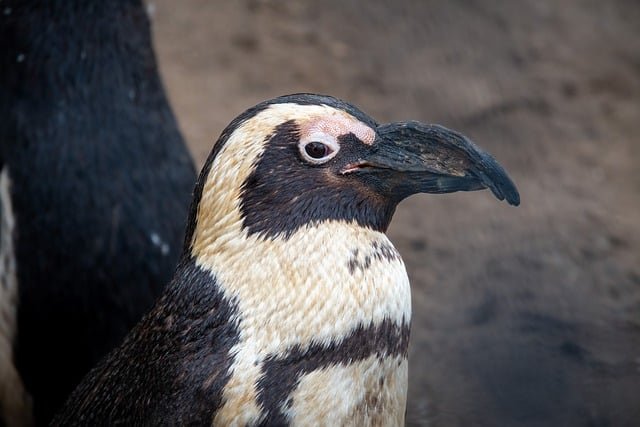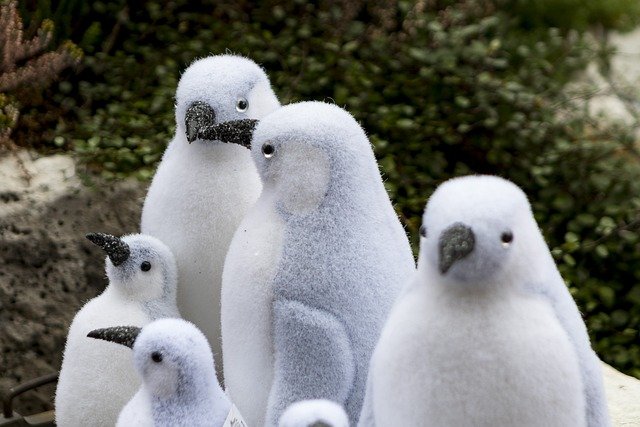
The Secret Lives of Penguins: Social Structures and Mating Rituals
Penguins are fascinating creatures that have captured the hearts of many with their charming waddles and tuxedo-like appearances. However, beneath their adorable exterior lies a complex social structure and intriguing mating rituals that are essential for their survival and reproduction. In this post, we will delve into the secret lives of penguins, exploring their social dynamics and the unique behaviors they exhibit during mating season.
Social Structures of Penguins
Colony Life
Penguins are highly social birds that thrive in colonies, often consisting of thousands of individuals. These colonies provide numerous benefits, including protection from predators, increased foraging efficiency, and social interaction. The size and structure of a colony can vary significantly among different species, with some, like the Emperor Penguin, forming large gatherings during breeding seasons, while others, like the Little Blue Penguin, may establish smaller groups.
Hierarchical Dynamics
Within these colonies, penguins exhibit hierarchical structures that can influence breeding success and social interactions. Dominance hierarchies are often established based on size, age, and experience. Older and larger penguins may have preferential access to prime nesting sites and mates, while younger individuals may have to wait their turn or engage in displays to assert their status.
Communication
Communication plays a vital role in the social lives of penguins. They use a variety of vocalizations, body postures, and visual displays to convey messages. For instance, during the breeding season, male penguins often engage in elaborate vocal displays to attract females. These calls can be distinctive to individual species, allowing penguins to recognize one another amidst the cacophony of the colony.
Mating Rituals
Courtship Displays
Mating rituals among penguins are both elaborate and essential for successful reproduction. Courtship often begins with a series of displays that can include bowing, head bobbing, and preening. Males typically initiate courtship by approaching females with a series of vocalizations and physical displays, showcasing their fitness and readiness to mate.
Nesting
Once a pair has formed, they will often work together to build a nest. Depending on the species, nests can be simple scrapes in the ground or more elaborate structures made from stones, pebbles, or vegetation. The choice of nesting site is crucial, as it can influence the survival of their eggs and chicks.
Monogamy and Pair Bonds
Many penguin species are known for their monogamous relationships, often forming long-term pair bonds that can last for several breeding seasons. These bonds are reinforced through mutual preening and synchronized movements, which help strengthen the connection between partners. In some species, such as the Gentoo Penguin, couples may even engage in a "courtship dance" to reaffirm their bond.
Parental Care
After the eggs are laid, both parents take on the responsibility of incubation and chick-rearing. This cooperative breeding strategy is essential for ensuring the survival of the young, as both parents can take turns foraging for food while providing care and protection for their chicks.
Conclusion
The social structures and mating rituals of penguins are a testament to their adaptability and resilience in the face of environmental challenges. By understanding these behaviors, we can gain a deeper appreciation for these remarkable birds and the intricate lives they lead. Whether it’s the bustling colonies or the tender courtship displays, penguins continue to be a source of fascination and wonder for researchers and nature enthusiasts alike.
Feel free to share your thoughts or ask questions about the secret lives of penguins in the comments below! 🐧
